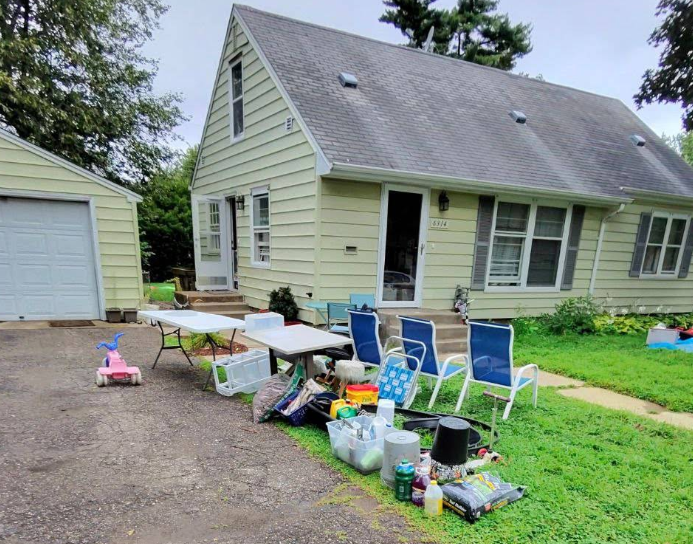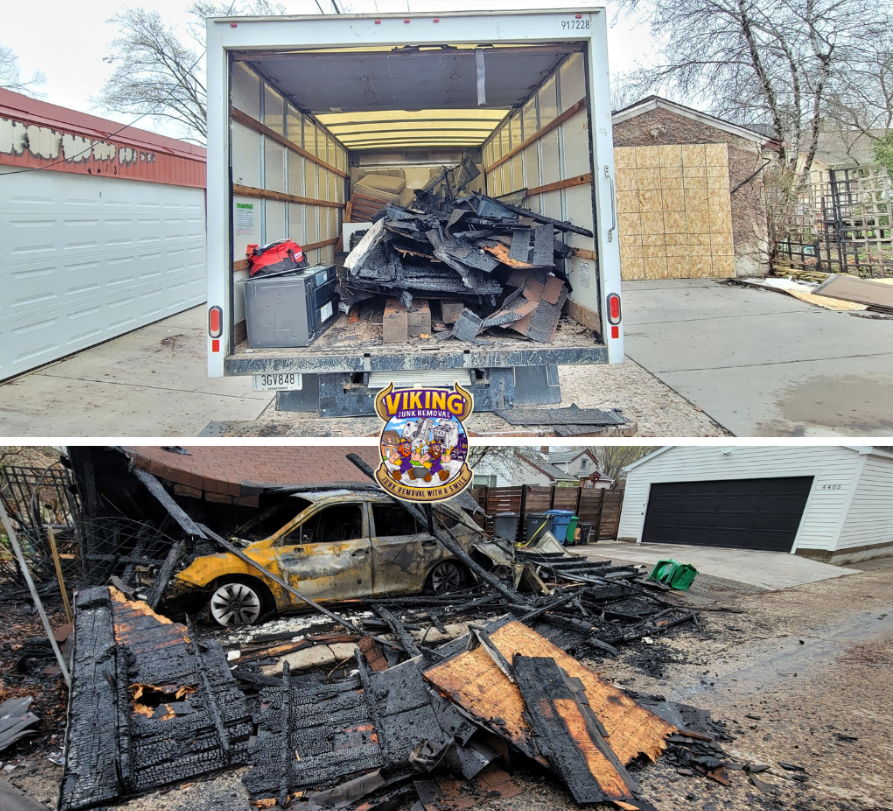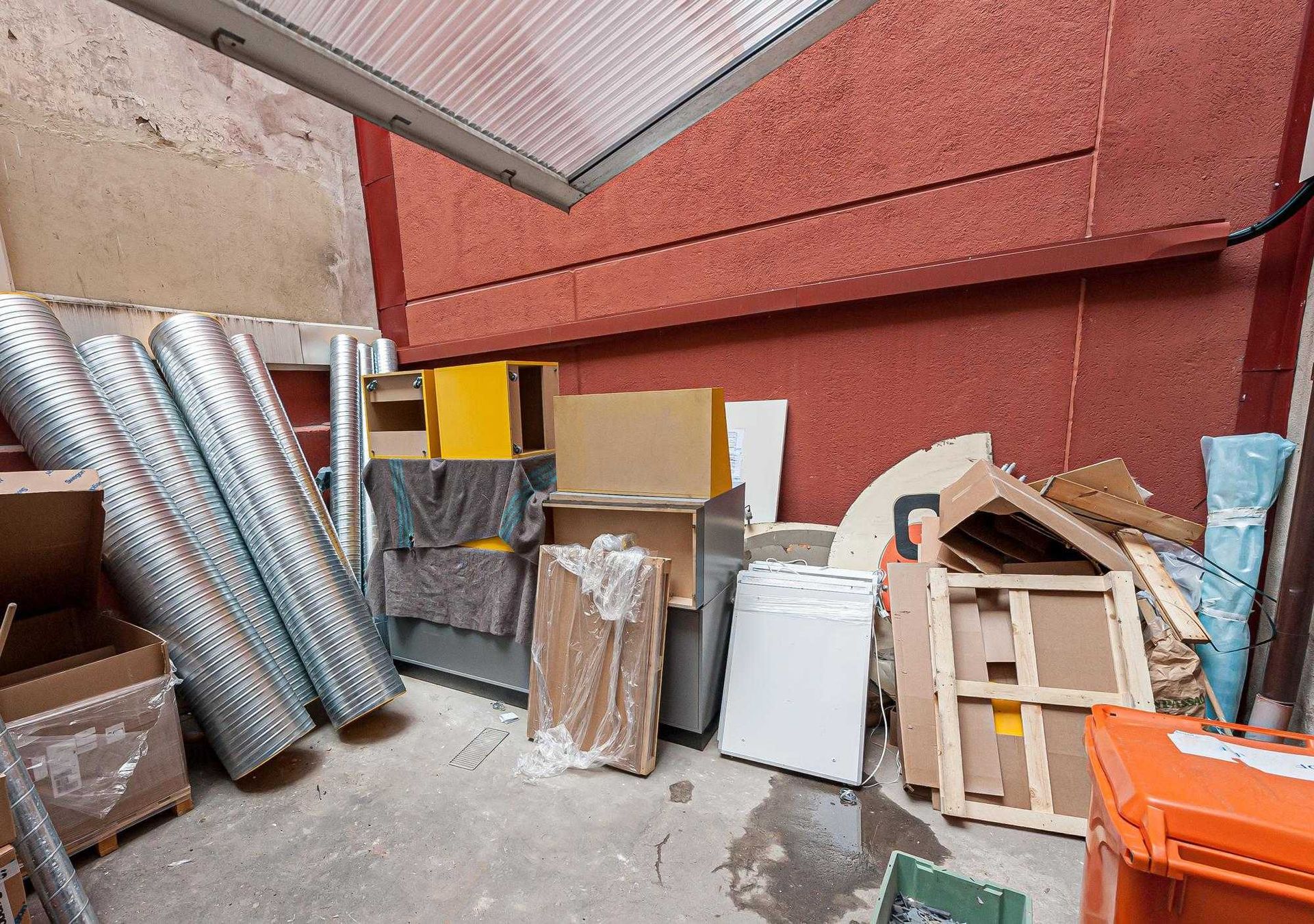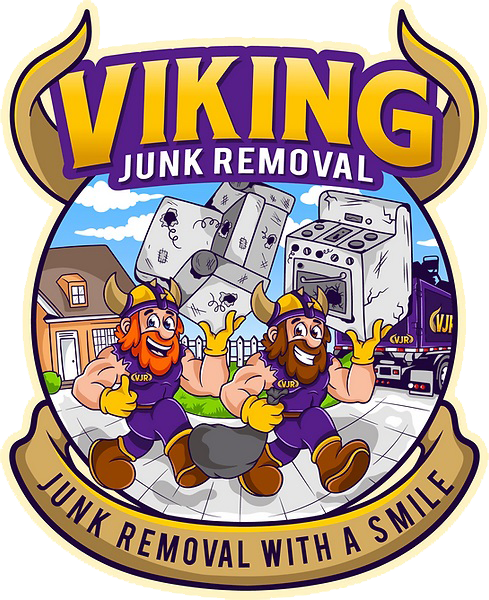How to Get Rid of Your Old Refrigerator and Freezer Efficiently
Tossing out an old refrigerator or freezer might seem like a simple task, but the story rarely ends there. Behind the heavy doors and humming motors lies a tangle of environmental risks, local regulations, and logistical headaches. Refrigerants, metals, and insulation materials can all wreak havoc if abandoned irresponsibly, creating hazards that stretch far beyond your curb. Understanding why responsible disposal matters can set the stage for a smoother, smarter transition.
Ignoring the environmental toll can cost you in more ways than one. Legal penalties, neighborhood complaints, and even injuries from improper handling lurk just around the corner. Disposing of your refrigerator and freezer correctly is more than a chore; it’s a conscious step toward protecting your community, your safety, and your future peace of mind.
Why Leaving It on the Curb Is a Bad Idea
You might think pushing your old fridge to the curb with a "free" sign is a clever shortcut. However, this seemingly simple act can spiral into a series of headaches you didn’t bargain for. Municipal waste collectors often refuse to pick up large appliances without prior arrangements or certifications proving the appliance is safe for removal. Worse, you might unknowingly break local dumping laws, facing fines that far outweigh the cost of professional help.
Beyond legality, safety becomes a major concern. An abandoned refrigerator on a public sidewalk is an open invitation for accidents. Kids can get trapped inside, unaware of the risks, and leaking refrigerants can cause serious environmental damage. What feels like a quick fix can create a public hazard and an environmental ticking time bomb. In the end, it’s simply not worth the risk.
The Hidden Challenges of Moving Refrigerators and Freezers
At first glance, moving your fridge might seem like just another heavy-lifting project. A hand truck, a few friends, and some muscle—what could go wrong? Actually, quite a lot. Refrigerators and freezers are deceptively tricky due to their size, shape, and weight distribution. They're awkward to grip, prone to tipping, and often still tethered to electrical or water lines.
Without professional equipment like appliance dollies, straps, and padding, you could easily damage your floors, walls, and even the appliance itself. Tight hallways, narrow staircases, and uneven terrain turn into serious obstacles once that bulky unit starts moving. Worse yet, the risk of personal injury skyrockets. Back strains, crushed toes, or worse can happen in an instant.
The Environmental Impact of Improper Disposal
Tossing an old refrigerator into the trash might seem harmless, but it carries serious consequences for the environment. Inside every unit are chemicals like Freon, which, if released, can tear holes in the ozone layer and accelerate climate change. The foam insulation used inside older models often contains pollutants that persist for decades in landfills. When improperly discarded, these toxins leach into the soil and waterways, wreaking havoc on ecosystems and contaminating drinking water. It's a far bigger issue than just taking up space at the dump.
Each improperly disposed fridge contributes to a growing environmental crisis. By choosing eco-friendly disposal methods, like professional recycling services, you prevent the spread of hazardous materials and support a healthier planet. Being mindful about where your old appliance ends up is a small but powerful way to make a lasting positive impact.
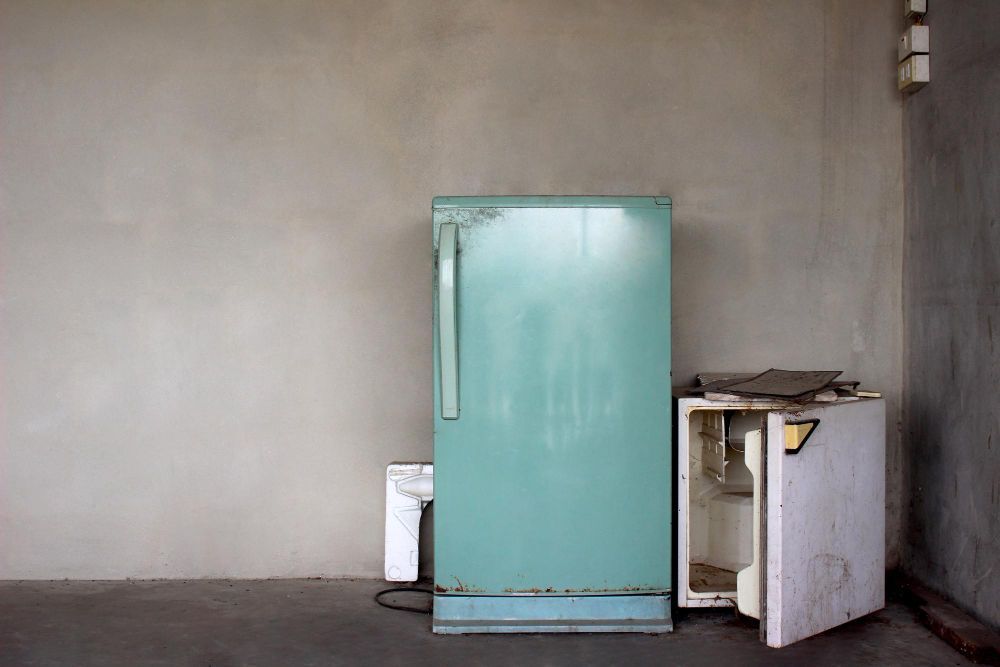
How Professional Junk Removal Services Simplify the Process
Trying to remove a large appliance on your own can feel overwhelming fast. Fortunately, professional junk removal services are designed to take that burden off your shoulders. These teams come equipped with the tools, know-how, and experience to make the entire process seamless. No awkward lifting. No scratched walls. No last-minute panic when you realize the fridge doesn’t fit through the front door.
Beyond the physical removal, pros are trained in handling refrigerants and other hazardous materials responsibly. They ensure everything is disposed of in accordance with local, state, and federal regulations—saving you from possible fines or environmental harm. Plus, many services prioritize recycling and proper material separation, giving your old appliance a chance at a second life.
The Recycling Journey of an Old Refrigerator
When you choose professional junk removal for your old refrigerator, you’re not just freeing up space in your home—you’re also contributing to a sustainable future. The process of recycling your appliance not only keeps harmful materials out of landfills but also supports the economy of reuse, turning what might seem like waste into valuable resources. Here’s how your refrigerator’s materials get a second life:
- Refrigerants are safely extracted: Technicians handle refrigerants with care, capturing harmful gases like Freon before they can escape into the atmosphere. This process ensures that these potent chemicals don’t contribute to ozone depletion or climate change, helping protect the environment for future generations.
- Steel is repurposed: The steel from your old fridge is sent to recycling plants where it’s melted down and reused in the creation of new products. This might include items like appliances, construction materials, or even vehicles. Recycling steel significantly reduces the need for mining new resources and helps conserve energy in the production of new steel.
- Copper is recycled: Copper found in appliances like refrigerators is a valuable material that’s easily recycled. It’s extracted and refined for use in products such as electrical wiring, plumbing, and even new appliances. By recycling copper, we conserve natural resources and reduce the environmental impact of mining for new copper.
- Plastic gets a second chance: The plastic parts of your fridge, such as trays, shelves, and insulation, are carefully sorted and processed for reuse. Once recycled, plastics can be used to create a wide range of products, from containers and packaging to outdoor furniture and park benches. This reduces the need for new plastic production, which can be harmful to the environment.
- Insulation materials are processed: Insulation foam and other materials inside your refrigerator that once served to keep your food cold are often made with chemicals that can be hazardous if disposed of improperly. Professional recycling services safely handle these materials to ensure they don’t end up in landfills, where they could leach harmful substances into the soil and water supply.
Preparing Your Refrigerator for Removal
A little preparation goes a long way when getting ready to part ways with your old refrigerator. Start by unplugging the appliance at least 24 hours before removal to allow it to fully defrost. This prevents messy leaks that can make transportation slippery and hazardous. Remove all food items, shelving, and detachable compartments to lighten the load and prevent loose pieces from shifting.
Secure the doors shut with strong tape, rope, or bungee cords—an open door during transport is an accident waiting to happen. Bundle and secure electrical cords neatly to avoid tripping. If you're planning to have professionals remove it, letting them know the fridge is ready to go speeds up the process. A properly prepared appliance ensures the removal is smoother, faster, and safer for everyone involved, saving you time, stress, and potential cleanup headaches.
Understanding Local Regulations for Appliance Disposal
Every city or town has its own rules regarding appliance disposal, and ignoring them can cause big problems. Some areas require you to remove refrigerants before setting a fridge out for pickup, while others only allow drop-off at certified recycling centers. Certain municipalities may charge fees for appliance disposal or require proof that hazardous materials have been handled properly.
Trying to navigate these regulations on your own can quickly feel confusing and overwhelming. That's why professional junk removal companies are invaluable. They stay current on local laws and manage all necessary certifications and permits for you. Whether it’s complying with Environmental Protection Agency (EPA) guidelines or specific town ordinances, the right service ensures your appliance is handled legally and safely.
Avoiding Common Mistakes When Getting Rid of Old Appliances
One of the most common mistakes homeowners make when ditching an old appliance is underestimating the complexity of the job. It’s tempting to believe you can muscle a fridge into the back of a truck and call it a day. However, failing to properly defrost, secure, or remove hazardous components like refrigerants can lead to messy accidents, fines, or even serious injury.
Another pitfall is trusting unlicensed haulers who advertise suspiciously low rates. They may dump your appliance illegally, leaving you liable if the unit is traced back to you. It’s also easy to overlook recycling rules, accidentally sending valuable materials to rot in a landfill. Avoiding these missteps means planning ahead, doing your research, and choosing reputable, licensed removal experts.
Choosing the Right Junk Removal Company for Appliance Disposal
Not all junk removal companies are created equal, and choosing the right one matters more than you might think. Start by looking for a company that specializes in appliance removal and is upfront about its processes. Eco-friendly disposal should be a major priority—recycling materials and safely handling refrigerants are non-negotiable.
A professional, polished appearance combined with clear communication shows that a company takes pride in doing things the right way. Transparent pricing is another must; avoid companies that dodge questions about fees or seem vague about their services. Reputable businesses will happily explain their disposal methods and regulatory compliance procedures. Reading customer reviews and checking for licenses and insurance can also offer peace of mind.
Conclusion
When it comes to old refrigerators and freezers, efficient disposal demands more than a trip to the curb. Proper removal helps the environment, protects your safety, and ensures you stay compliant with local laws. Choosing a professional service means less stress, fewer risks, and a far smoother experience overall.
For dependable, environmentally responsible refrigerator and freezer removal in Minneapolis, USA, reach out to Viking Junk Removal. Contact their expert team by calling 612- 448-9506 or emailing sales@vikingjunkremovalmn.com. You can also visit their website at https://www.vikingjunkremovalmn.com/ to learn more about their efficient, customer-focused junk removal services.

